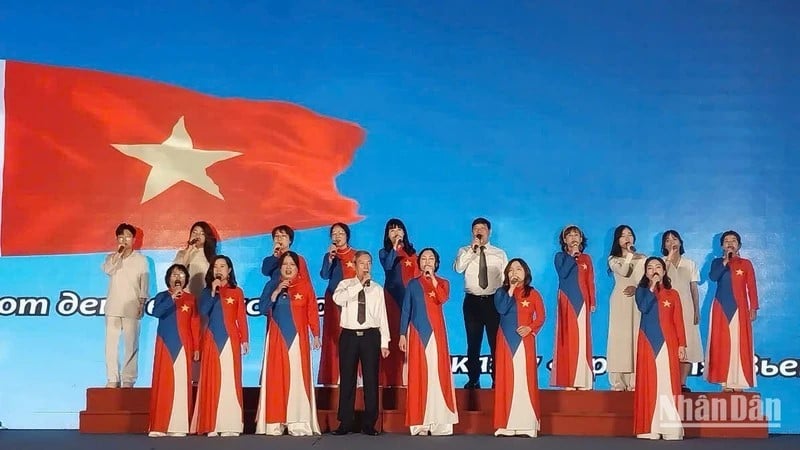 |
| Special art program called “Vietnamese songs with Russian lyrics”. (Photo: Nhan Dan Newspaper) |
The event was jointly organized by a group of alumni of the Russian Language Faculty on the occasion of the 75th anniversary of the establishment of diplomatic relations between Vietnam and the Russian Federation (January 30, 1950 - January 30, 2025), towards the anniversary of the Dien Bien Phu Victory (May 7) and the Victory over fascism in World War II (May 9).
At the ceremony, many familiar Vietnamese songs were performed in Russian, with the lyrics translated by translator Le Duc Man. These are songs closely associated with the history and soul of the Vietnamese people such as: Marching to Hanoi , Love song of the Northwest, Song of hope, Song of Ho Chi Minh, Every day I choose a joy, This earth is ours, Joining hands in a big circle, Hello Vietnam, Rebirth...
Translator Le Duc Man was born in 1941 in Duy Tien, Ha Nam. He worked at Hanoi University from 1966 to 2002. With a special love for language, music and culture, since the 1990s, he began translating Vietnamese song lyrics into Russian. Not only simply translating the meaning, he also carefully chooses words and rhythms so that the lyrics retain their emotional nuances and harmonize with the original melody - a job that requires a deep understanding of both language and music.
Talking about the translated works of teachers and translators, Le Duc Man, Associate Professor, Dr. Nguyen Van Trao, Principal of Hanoi University, said that to compose a musical work and love songs, the artist needs creative materials, emotions, creative context, melody and lyrics.
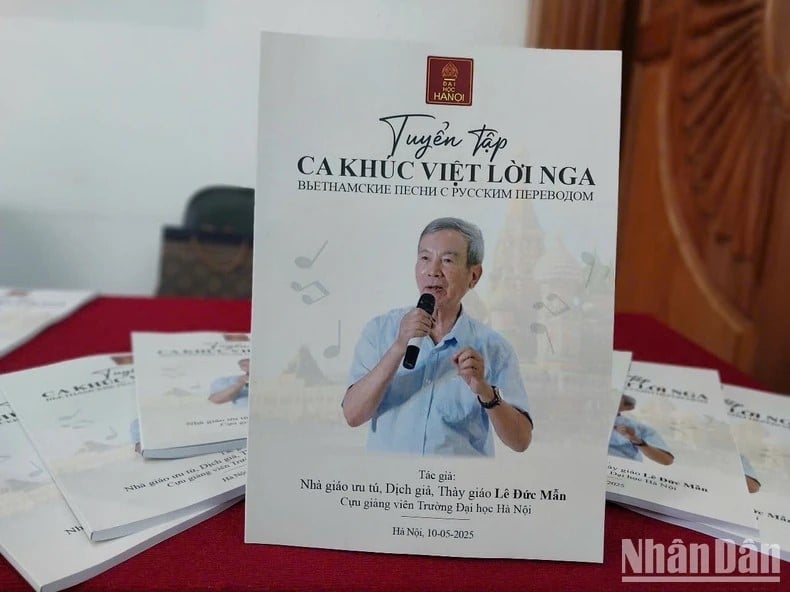 |
| Collection of "Vietnamese songs with Russian lyrics" by teacher and translator Le Duc Man. (Photo: Nhan Dan Newspaper) |
“When translating Russian lyrics for Vietnamese music works, Mr. Man has the power of language, mastery of literature, Russian - Vietnamese language, and great love for both Vietnam and Russia. He has musical sense, true emotions from the heart and soul, empathy, communication between the composer and the translator, and communication of Russian - Vietnamese cultural values. Most importantly, it is the harmony of Mr. Man's heart and soul and the understanding of students of all generations" - Associate Professor, Dr. Nguyen Van Trao said.
Mr. Maksim Kurilov, First Secretary of the Embassy of the Russian Federation in Vietnam, expressed his emotion when listening to Vietnamese songs in his mother tongue. He highly appreciated the role of translator Le Duc Man in promoting cultural exchange between the two nations and affirmed: “Translation is an important bridge for the two countries to understand each other better. Mr. Le Duc Man's contributions are a living proof of the strong friendship between Russia and Vietnam.”
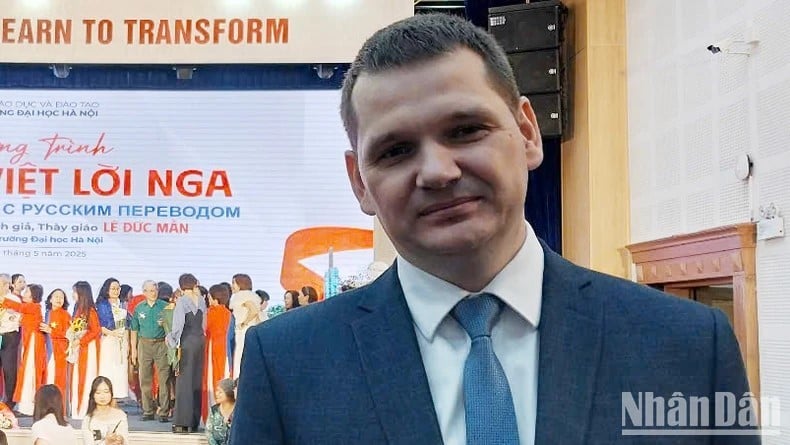 |
| Mr. Maksim Kurilov, First Secretary of the Embassy of the Russian Federation in Vietnam. (Photo: Nhan Dan Newspaper) |
Student Nguyen Thi Hoai Thu (second year, Russian Department) said: “The songs translated by the teacher help us love Russian more and understand Vietnamese culture more deeply. This is not only an opportunity to practice language skills but also an opportunity to preserve and spread national identity.”
In addition to translating song lyrics, Mr. Le Duc Man also translated more than 40 Russian literary works into Vietnamese, including many classics such as: Anna Karenina (Tolstoy), The Devil's Epic (Mikhail Lermontov), And Here the Dawn Is Quiet (Boris Vasilyev), along with plays, poems and short stories by Pushkin, Dostoievsky, Griboedov...
In 2017, he was awarded the Excellent Translation Award by the Vietnam Writers Association for his translation of the poetic play "Suffering for Wisdom" consisting of more than 5,000 verses.
Although he is over 80 years old, translator Le Duc Man is still diligently working on translation. For him, each translation is a silk thread woven with emotion, passion and deep love for the country, language and people. Those quiet but persistent contributions will continue to contribute to beautifying the Vietnam - Russia cultural bridge in the present and the future.
Source: https://thoidai.com.vn/tri-an-dich-gia-le-duc-man-nguoi-ket-noi-van-hoa-viet-nga-qua-am-nhac-213385.html



![[Photo] Party and State leaders visit former President Tran Duc Luong](https://vphoto.vietnam.vn/thumb/1200x675/vietnam/resource/IMAGE/2025/5/24/960db9b19102400e8df68d5a6caadcf6)


![[Photo] Ho Chi Minh City holds funeral for former President Tran Duc Luong](https://vphoto.vietnam.vn/thumb/1200x675/vietnam/resource/IMAGE/2025/5/24/9c1858ebd3d04170b6cef2e6bcb2019e)

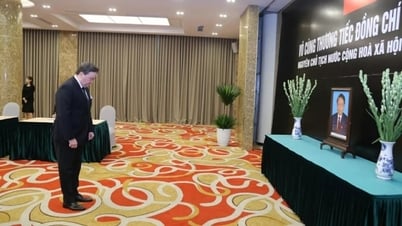

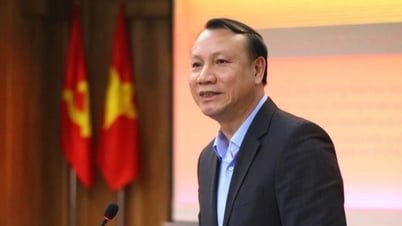

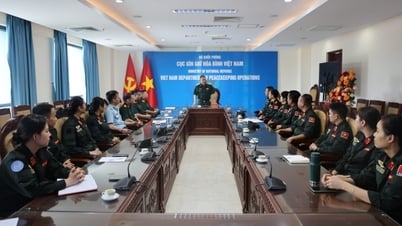





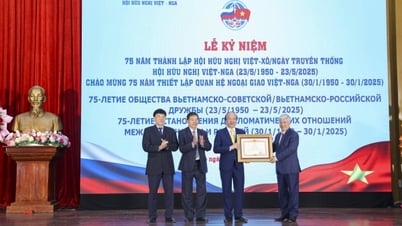
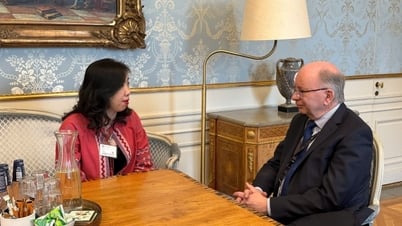
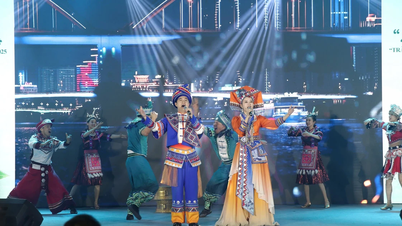
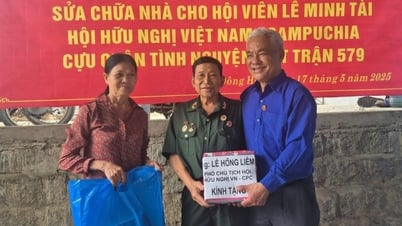


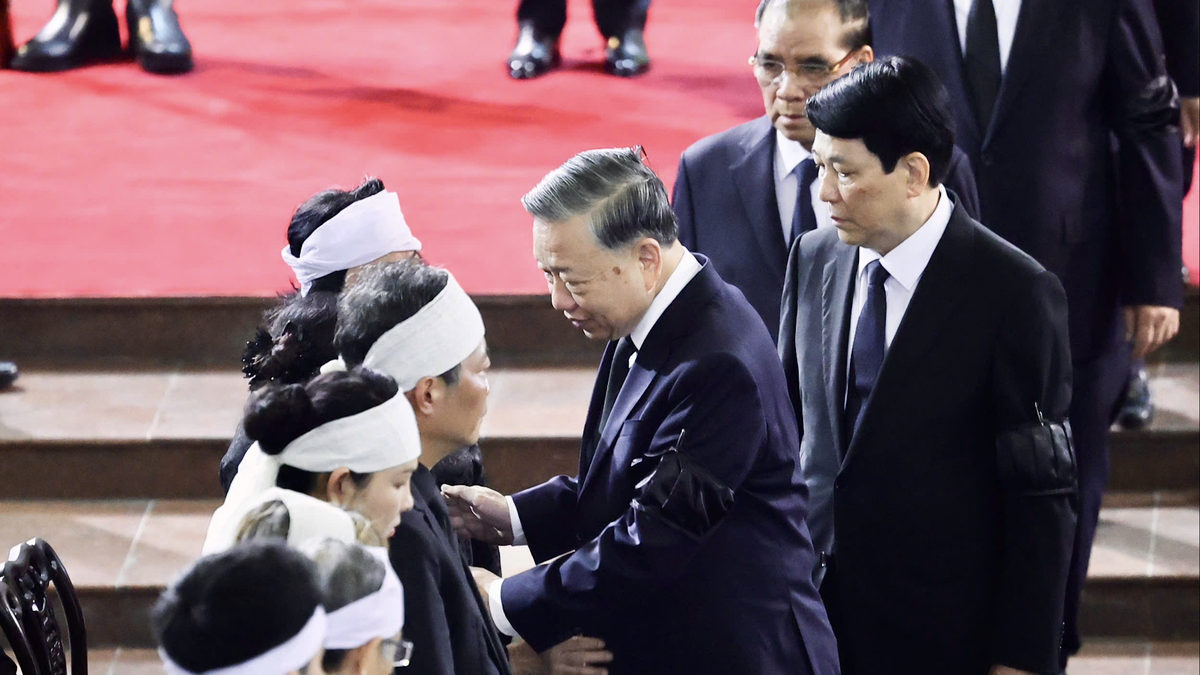
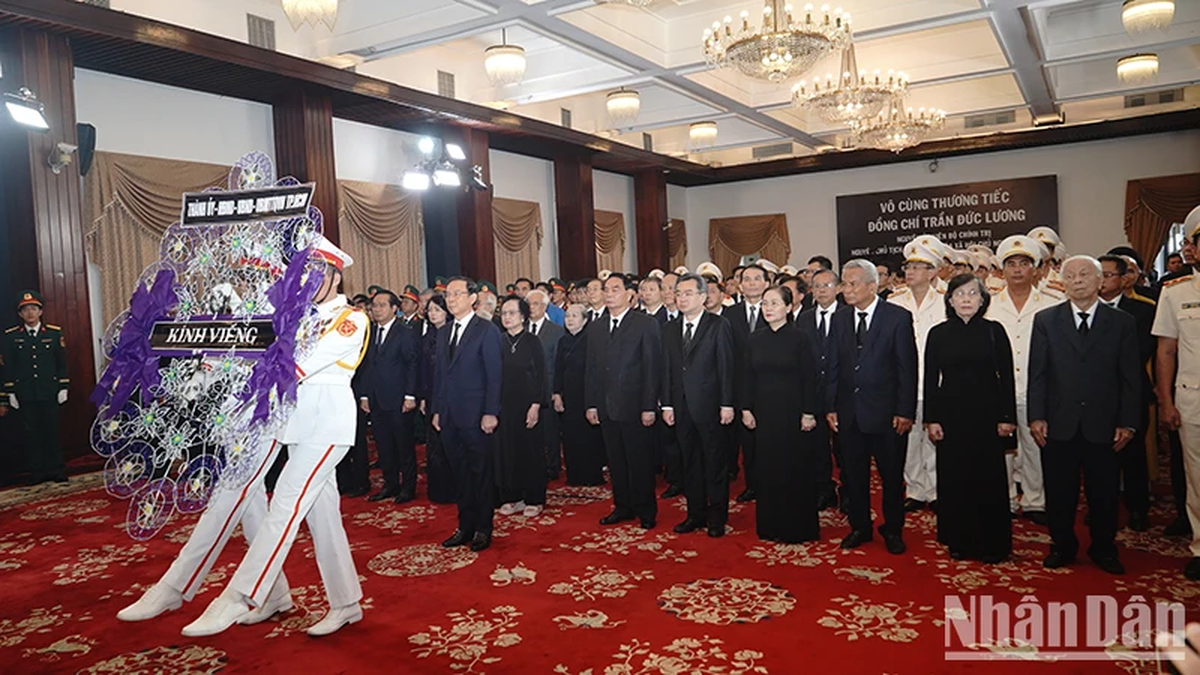

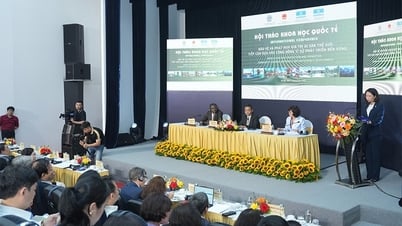



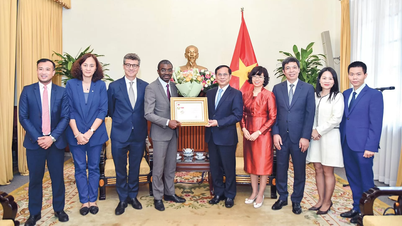







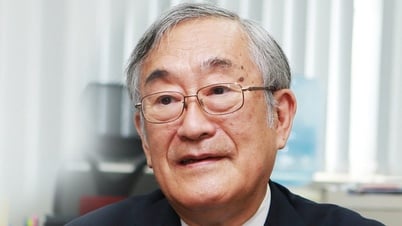

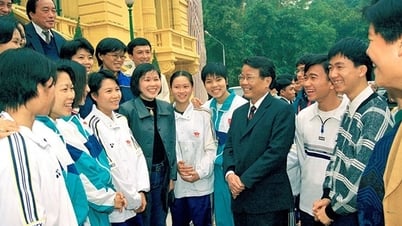

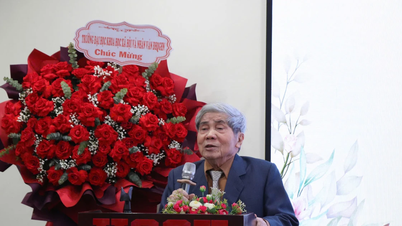
















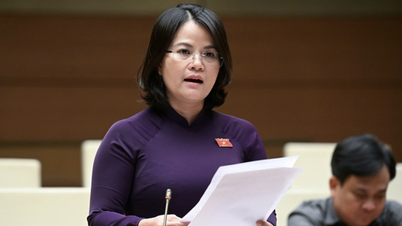
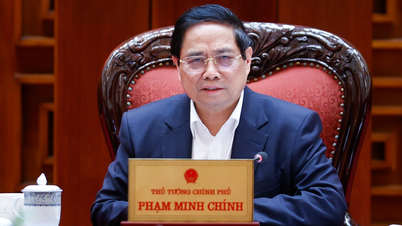
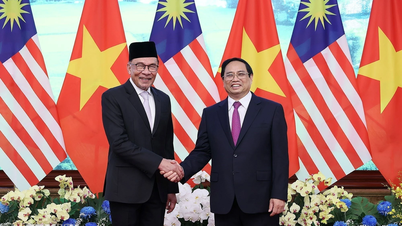
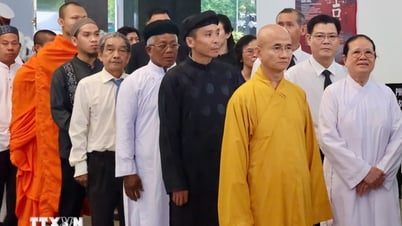
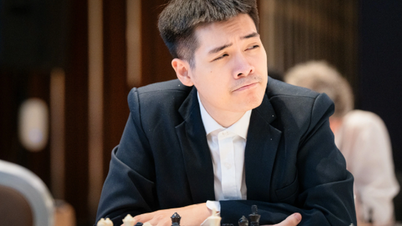









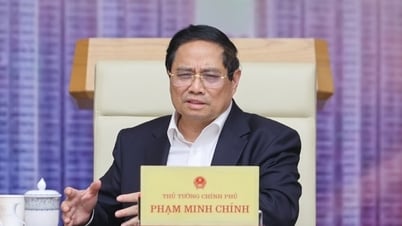

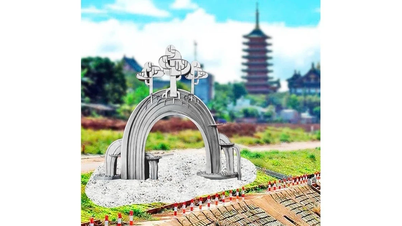



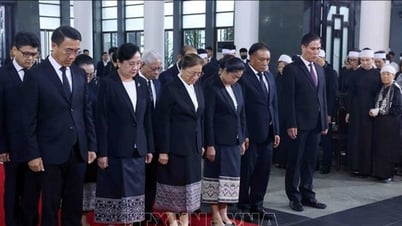















Comment (0)